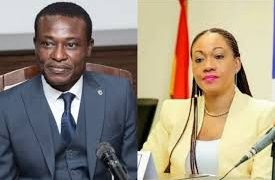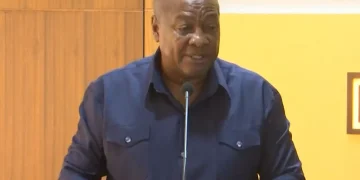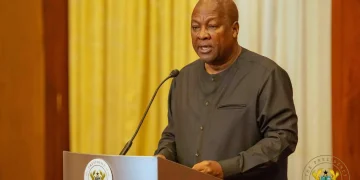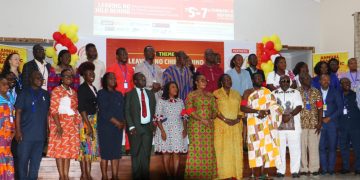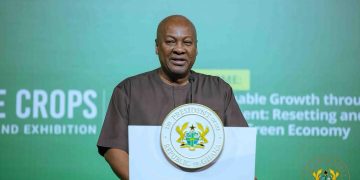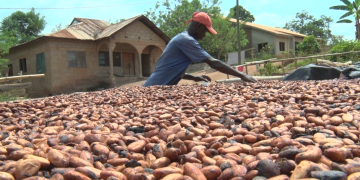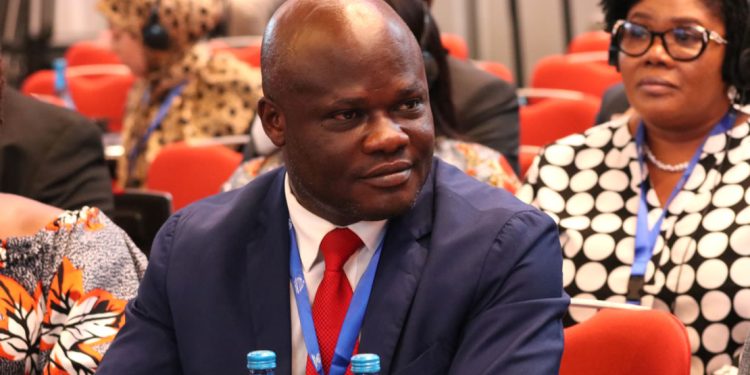Deputy Minority Chief Whip Ahmed Ibrahim has described the Mid-Year Fiscal Policy Review presented to Parliament by Finance Minister Mohammed Amin Adam on Tuesday, July 23, 2024, as a missed opportunity.
According to Mr Ibrahim, the government failed to redeem its tarnished image with this review.
Mr Ibrahim argued that what the Finance Minister presented was merely a statement rather than a substantive budget.
He criticized the content, stating that it lacked significant information and failed to address the pressing economic issues facing the country.
“The government is still operating in second gear while Ghanaians are suffering from economic mismanagement,” Ibrahim remarked during an interview on the Ghana Yensom morning show, co-hosted by Otafrigya Kaayire Kwesi Appea-Apreku and Odehyeeba Kofi Essuman on Accra 100.5 FM on Thursday, July 25, 2024.
Mr Ibrahim, who also serves as the National Democratic Congress (NDC) Member of Parliament for the Banda Constituency in the Bono East Region, emphasized that the presentation lacked an update on economic performance.
He argued that Ghanaians do not need the finance minister to tell them that the economy is cliché the economy is rebounding because the reality on the ground tells a different story.
The Finance Minister during the presentation revealed that the country’s debt is hovering around GHS 742 billion, representing 70.6 percent of the Gross Domestic Product (GDP), which Mr Ibrahim pointed to as evidence of government mismanagement.
He further accused the government of failing to do an assessment of its key programmes such as Planting for Food and Jobs, despite spending a substantial GHS 3 billion, while Ghana continues to import common maize from ECOWAS countries.
Additionally, Mr Ibrahim noted that there has been no assessment of other significant initiatives like One-Village-One-Dam, NABCO, and One-District-One-Factory, suggesting that these programmes are plagued by corruption.
Mr Ibrahim’s critique underscores his belief that the government missed a crucial opportunity to address and rectify economic issues, leaving Ghanaians to bear the brunt of ongoing mismanagement


